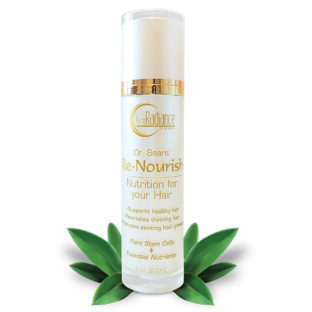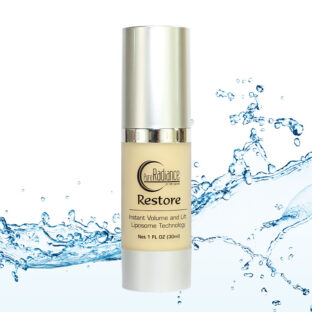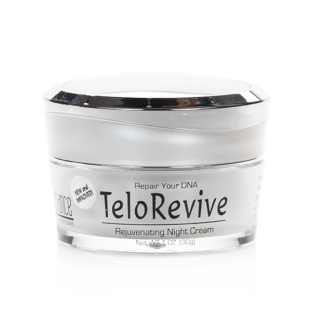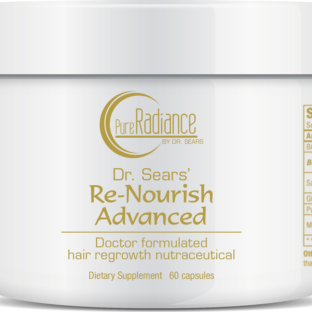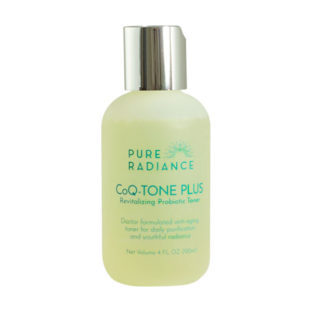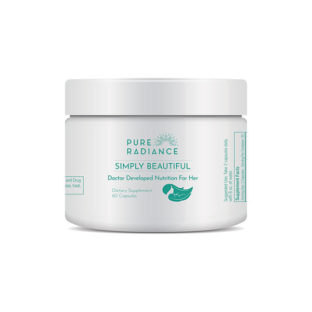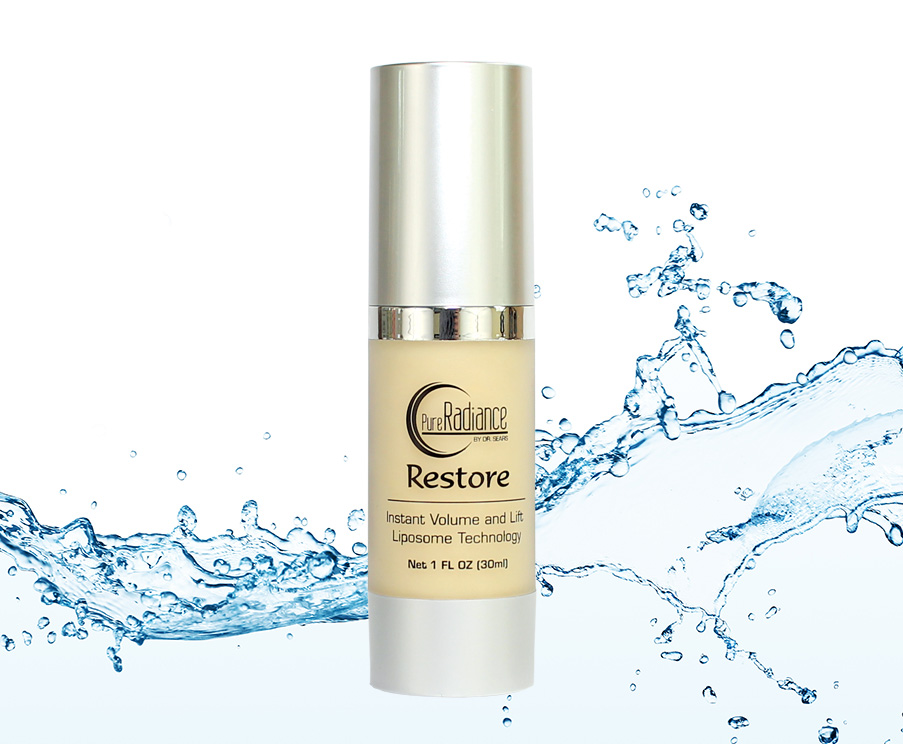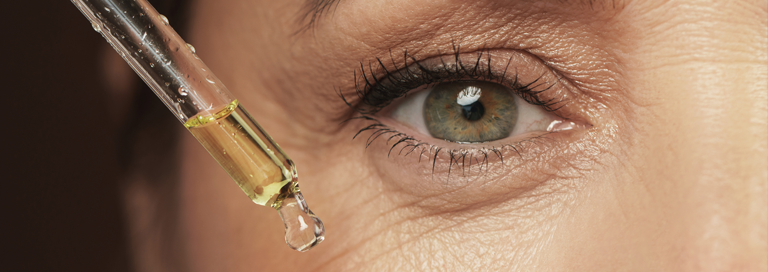
To protect your skin and complexion, what you use on the surface of your skin is just as important as the food you eat and the supplements you take.
Topical probiotics act like a physical barrier and block harmful microbes from damaging your skin.
By studying modern indigenous people who live in isolation, researchers determined that the healthiest skin contains a certain kind of bacteria called ammonia-oxidizing bacteria (AOB). By feeding on sweat, then converting it into nitric oxide, these bacteria act as a natural, built-in cleanser that also protects and repairs the skin.1
In fact, a recent study found it strengthens your skin barriers by 25% and stops skin moisture from evaporating.2
There is a unique kind of AOB called Bifidobacterium longum we all had on our skin at one time — even newborn babies have it. But most of us don’t have any of these beneficial bacteria anymore.
Because our manufactured soaps and body cleansers wash it away.
But you can bring this probiotic back.
When you increase Bifidobacterium longum by using a probiotic-infused product, these essential bacteria form a protective skin barrier that will:
- Fight infections
- Block environmental damage
- Boost immunity
- Balance pH levels
- Repair DNA damage from the sun
- Improve hydration
- Reduce wrinkle depth
- Increase skin elasticity
Protect Your Skin’s Natural Barrier with these Gentle Cleansers
In addition to washing with a probiotic, I also recommend using these gentle cleansers on your skin:
- Rosehip seed oil: Plant derived oils contain essential fatty acid chains that closely resemble your skin’s own lipid matrix. They also contain prebiotics that help nourish and protect the microbiome. One of the best is rosehip seed oil since it’s naturally high in retinoic acid — a cousin to vitamin A. It’s been proven to reduce the appearance of wrinkles and scars.3 Look for rose hips in your body cleansers.
- Grapeseed oil: Contains a rare antioxidant called oligomeric proanthocyanidin (OPC). OPCs protect your skin from the DNA damage that leads to premature aging.4 Additional studies show grapeseed oil improves blood flow and circulation. And that leads to smoother, younger looking skin.5
- Olive oil: Used by Mediterranean women as a moisturizer for centuries. Along with vitamins A, D, K and E, it contains a unique antioxidant called hydroxytyrosol. This rare compound prevents free radical damage that leads to skin aging.6
To Your Good Health,

Al Sears, MD, CNS
References:
1. Qin M, et al. “Nitric oxide releasing nanoparticles prevent Propionibacterium acnes induced inflammation by both clearing the organism and inhibiting microbial stimulation of the innate immune response.” J Invest Dermatol. 2015;135(11):2723-2731
2. Guéniche A, et al. “Bifidobacterium longum lysate, a new ingredient for reactive skin.” Exp Dermatol. 2010;19(8):e1-8.
3. Griffiths C, et al, “Restoration of collagen formation in photodamaged human skin by tretinoin (retinoic acid).” N Engl J Med. 1993;329(8):530-535.
4. Kora RR, Khambholja KM. Potential of herbs in skin protection from ultraviolet radiation. Pharmacognosy Reviews. 2011;5(10):164-173.
5. Clifton PM. “Effect of grape seed extract and quercetin on cardiovascular and endothelial parameters in high-risk subjects.” J Biomed Biotechnol. 2004;2004(5):272-278.
6. D’Angelo S, et al. “Hydroxytyrosol, a natural antioxidant from olive oil, prevents protein damage induced by long-wave ultraviolet radiation in melanoma cells.” Free Radic Biol Med. 2005;38(7):908-918.


